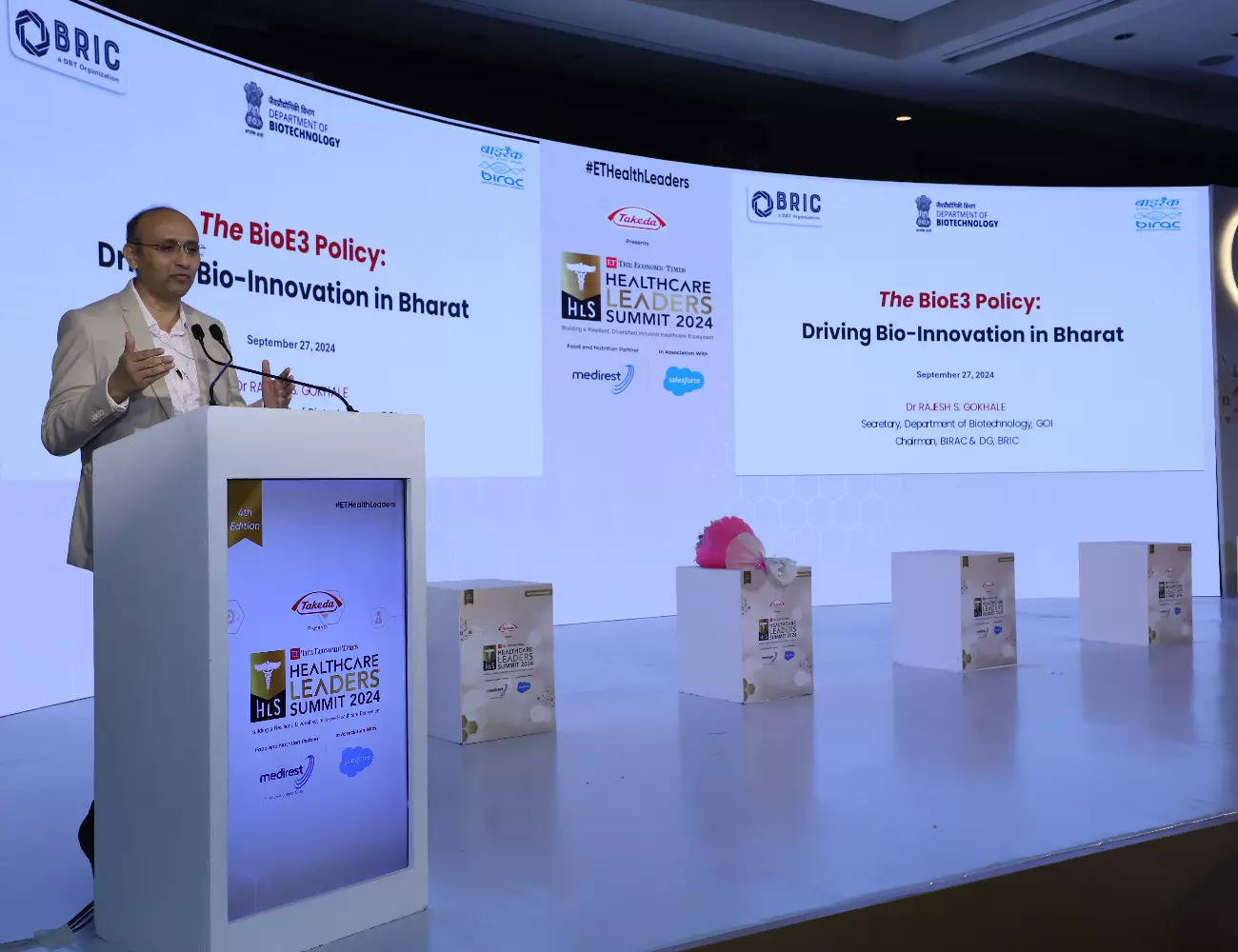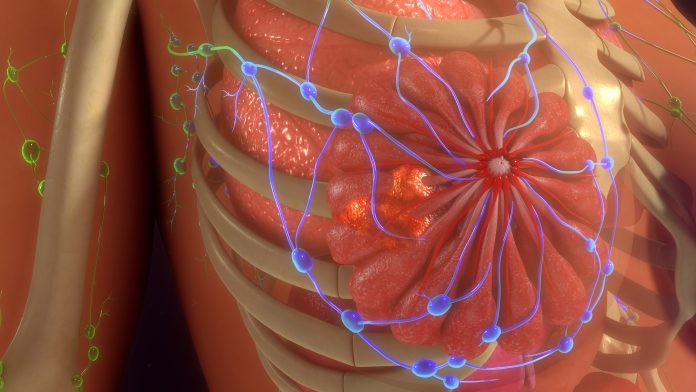
By Prathiba Raju and Abhijeet Singh
New Delhi: After enduring the tribulations of the pandemic and the subsequent aftershocks driven by several unfavorable environmental changes, the government has recognised the urgent need for a concrete policy to support its biotech industry. This is seen as a key solution to invigorate the economy while addressing challenges such as climate change. The introduction of the BioE3 policy, which stands for Biotechnology for Economy, Environment, and Employment, is a significant step in this direction.
Simplifying this critical and crucial policy decision for the Industry Dr Rajesh S Gokhale, Secretary, Department of Biotechnology, Government of India delivered his Plenary Address on ‘New Approaches and New Methods: ‘BioE3’ Policy Driving Innovation in Biotechnology to the Next Stage in India’ at the fourth edition of ETHealthworld Healthcare Leaders Summit.
Initiating his address, Dr Gokhale emphasised on the need and importance of having an holistic approach in healthcare going forward and said, “Due to the deterioration of global commons (air, water, weather) planetary health is of utmost critical important secondly every new innovation that is happening in present world is more expensive than it was before and it has become a expected paradigm that this going to happen.”
“Given the high cost of contemporary solutions one needs to gain a better understanding of core economic principles to create more accessible and affordable healthcare innovations’, he added.
Touching upon the pharma aspect, Dr Gokhale said, “At a cost on which Indian pharma companies are delivering drugs across the country is much lower than any other part of the world and further what we need to think is that can we convert this from a technological perspective such that we take care of equity, social responsibility and inclusivity as well.”
With respect to future trends and growth opportunities the senior official shared, “Whenever an industry revolution happens it changes everything and in the next 25 years is going to be the industrialisation of bio industry and all the countries who will embark upon this and can carry on this path will be able to achieve the targets like high GDP, high healthcare, quality life etc.”
“For leveraging this opportunity a country like India which is facing the conundrum of being stuck in the middle income trap, digi-tech and green tech are two technologies which can help the country to escape this trap but instead of cutting-pasting different models of the US, Europe, Japan etc. India needs to have its own growth model considering our demography, economy and geographic realities”, Dr Gokhale added.
He also highlighted that, “One of the key components which has dramatically changed in the last 10 years is the startup ecosystem and If we have to catch up with the world we have to further create one million new startups.”
The expert informed that currently bioeconomy contributes four percent of the country’s GDP and in the coming decade it is likely to reach 10-12 per cent. Underlined that the bio industrial segment is growing at a much faster pace than the biopharma sector and the bio-agri segment which currently makes the least contribution is going to experience an exponential growth in the approaching 10 years.
For building upon this industrial momentum as potential solutions he suggested, “India has to switch to bio manufactured sources of food and needs to utilise the residues of refineries, by converting them into a industry of plastic waste, biomass and capture the next 25 years because currently 450 million tons of carbonation waste is thrown down.”
Concluding his remarks Dr Gokhale emphasised, “In the next 25 years a number of substantial changes will happen that will create a complete new ecosystem and everything will be impacted by new biology be it food, water, energy, environment or humans.”











![Best Weight Loss Supplements [2022-23] New Reports!](https://technologytangle.com/wp-content/uploads/2022/12/p1-1170962-1670840878.png)




